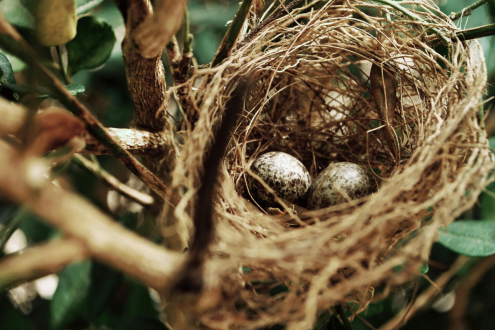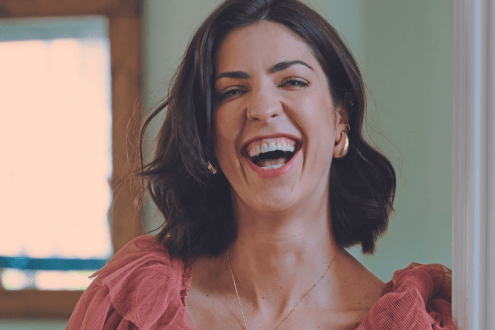I have to live with my mother – how can I make it work?
Our agony aunt Mary Fenwick offers a new perspective on the challenges and problems that you face…

I am a reader in Iran and, although my culture is very different from that of the UK, your advice would be greatly appreciated. I’m 29 years old and live with my parents in Tehran. I live in a society where I can’t live alone as a woman, so I must live with my family until I am married. The problem is I can’t get along with my mother. She is constantly nagging me and complaining. We can’t have even a normal conversation without one of us becoming angry. I feel that our relationship is out of my control; I can’t help getting annoyed with her and feeling trapped as an adult by our negative relationship. I have to live with her, so how can I improve our relationship and the way I feel towards her? Name supplied
My heart really goes out to you, and I feel humble that you ask for my thoughts. My first is to wonder if this is a mother problem, or whether you are both trapped by what sounds like a cultural prison to me, with you as the victim and your mother as the jailer. Research shows that we fail to
take into account how much the environment around us influences us, especially when judging other people. This is known as ‘fundamental attribution error’. The case often quoted in support is Philip G Zimbardo’s Stanford Prison Experiment, which had shocking effects on both sides of the role-play. Zimbardo’s conclusion was that the ‘guards’ were trapped just as much as the ‘prisoners’.
However, the better news is that you still have your own power to transcend circumstances. According to Sonia Lyubomirsky in her book The How Of Happiness: A Practical Guide To Getting The Life You Want (Piatkus, £10.99), 40 per cent of our happiness is within our power to change and can be controlled by what we do and how we think – our intentional activities and strategies. And this is the zone where I invite you to play. Do you have any capacity whatsoever to volunteer outside the home, or to stretch your brain and engage in learning? There are clear brain chemistry benefits to both. When you get your strength up, you might try to find tiny ways to be kind to your mother.
But first, please follow up my link to the work of Kristin Neff and be compassionate to yourself.
Mary Fenwick is a business coach, journalist, fundraiser, mother, divorcée and widow. Follow Mary on Twitter @MJFenwick. Got a question for Mary? Email mary@psychologies.co.uk, with ‘MARY’ in the subject line
More inspiration:
Read Cool to be kind, which is about the benefits of altruism
Visit tinyurl.com/3uhs9fr for information from Kristin Neff, associate professor in human development and culture, at the University of Texas at Austin, who specialises in the area of self-compassion









